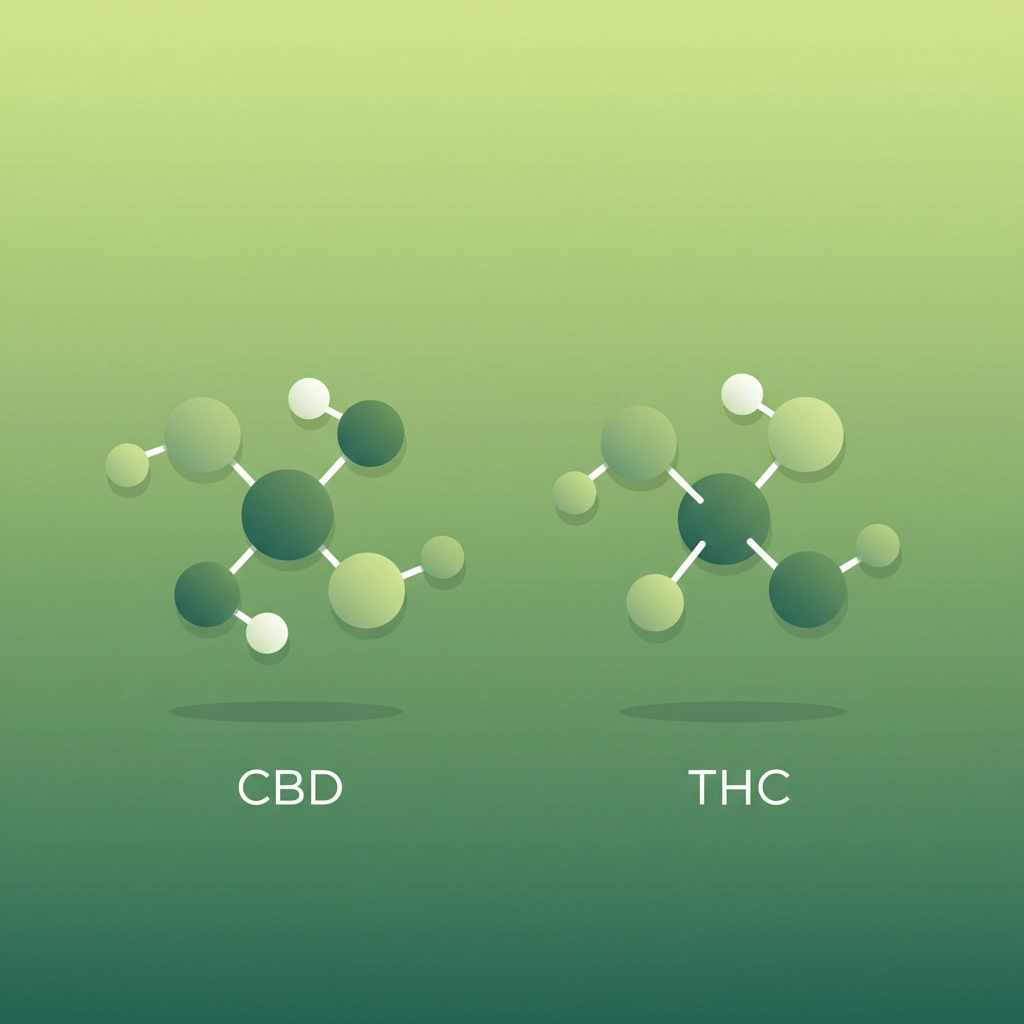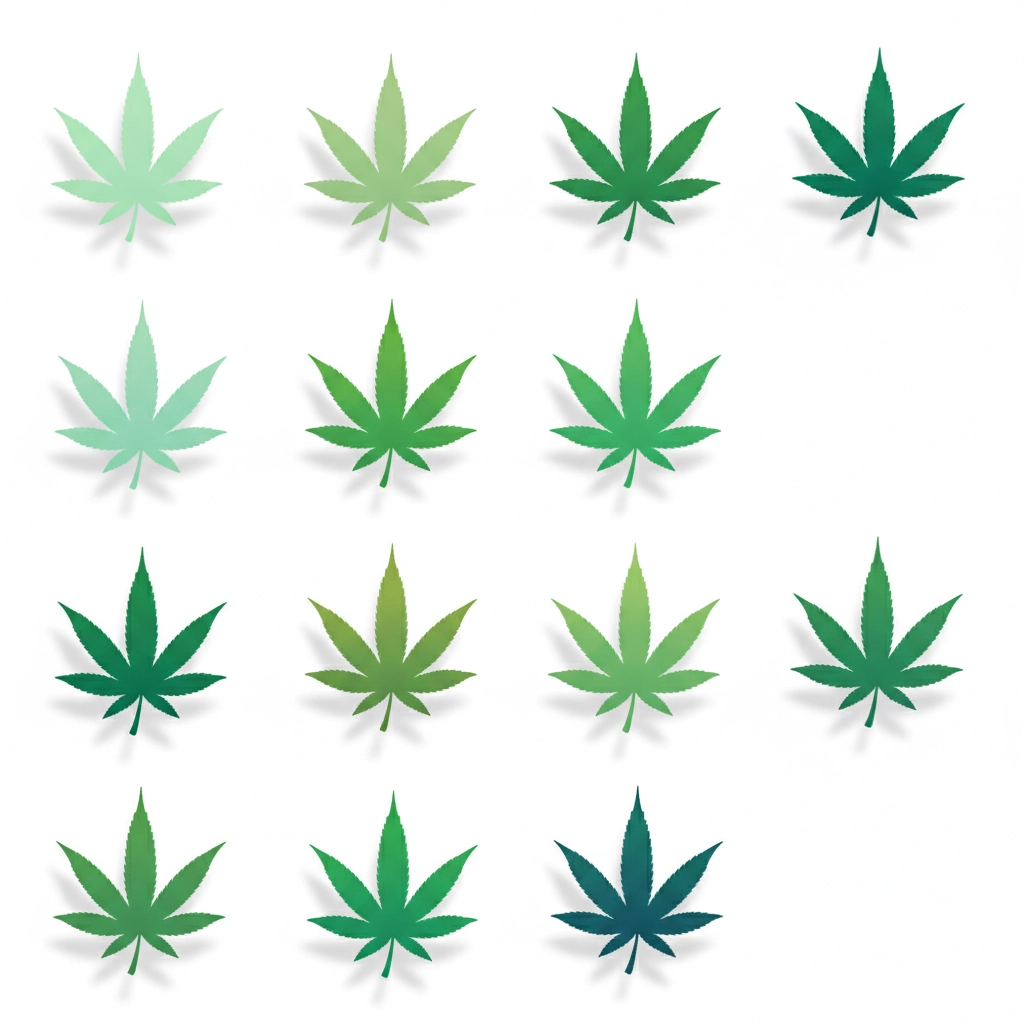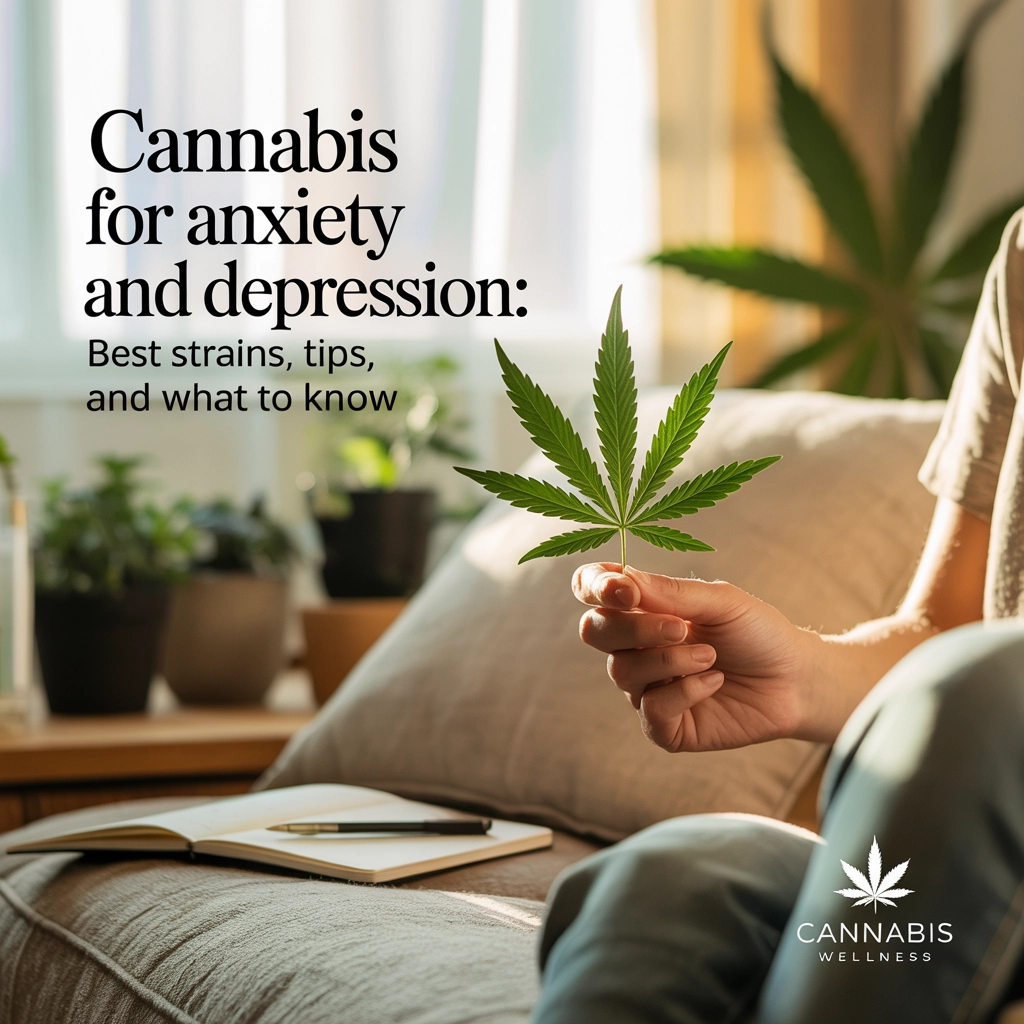The relationship between cannabis and mental health conditions represents a complex intersection of neurochemistry, individual physiology, and therapeutic potential. Cannabis compounds interact with the endocannabinoid system, which regulates mood, stress response, and emotional processing. Understanding the specific mechanisms through which different strains affect anxiety and depression requires examination of cannabinoid profiles, terpene compositions, and individual response patterns.
Research indicates that cannabinoids, particularly CBD and THC, influence neurotransmitter systems associated with anxiety and depression. The endocannabinoid system modulates serotonin, dopamine, and GABA pathways, which directly impact mood regulation and stress response. This scientific foundation supports the therapeutic consideration of cannabis for mental health applications, though individual responses vary significantly based on genetic factors, existing mental health status, and consumption methodology.
Understanding Cannabinoid Profiles for Mental Health Applications
CBD-dominant strains demonstrate anxiolytic properties without psychoactive effects, making them suitable for individuals seeking therapeutic benefits while maintaining cognitive clarity. CBD interacts with serotonin receptors and promotes endocannabinoid system balance, potentially reducing anxiety symptoms through neurochemical modulation. THC-dominant varieties produce psychoactive effects that may exacerbate anxiety in susceptible individuals while potentially providing mood elevation for depression management.

The CBD-to-THC ratio determines therapeutic outcomes for anxiety and depression treatment. High-CBD, low-THC formulations typically provide consistent anxiety relief without cognitive impairment. Balanced ratios offer moderate psychoactive effects with enhanced therapeutic potential, while THC-dominant strains may benefit depression symptoms through mood enhancement but require careful consideration for anxiety-prone individuals.
Terpene profiles significantly influence therapeutic outcomes through the entourage effect, where cannabinoids and terpenes work synergistically to enhance therapeutic benefits. Myrcene demonstrates sedative properties beneficial for anxiety-related sleep disturbances. Limonene exhibits mood-elevating characteristics that support depression management. Beta-caryophyllene interacts with CB2 receptors to provide anti-inflammatory and anxiolytic effects.
Optimal Strains for Anxiety Management
ACDC represents a premier CBD-dominant strain containing approximately 20:1 CBD-to-THC ratio, providing consistent anxiety relief without psychoactive effects. This strain demonstrates particular efficacy for chronic stress conditions and generalized anxiety disorder management. The minimal THC content eliminates paranoia risks while maximizing therapeutic cannabinoid exposure.
Charlotte's Web offers another high-CBD option with documented therapeutic applications across multiple anxiety presentations. The strain contains approximately 13% CBD with less than 1% THC, ensuring therapeutic benefits without cognitive impairment. Clinical observations indicate consistent anxiety reduction across diverse patient populations using this particular cultivar.
Granddaddy Purple provides indica-dominant anxiety relief through myrcene-rich terpene profiles that promote muscle relaxation and sedation. This strain demonstrates particular utility for anxiety presentations complicated by insomnia or muscle tension. The high myrcene content contributes to anxiolytic effects while supporting sleep quality improvement.

Northern Lights contains beta-caryophyllene and limonene combinations that support mood regulation while minimizing paranoia potential. The strain demonstrates consistent anxiety reduction across multiple consumption methods while maintaining therapeutic predictability. Individual tolerance assessment remains essential due to moderate THC content.
Effective Strains for Depression Treatment
Jack Herer represents a balanced hybrid demonstrating efficacy for depression through mood elevation and cognitive enhancement. The strain promotes creativity and mental clarity while reducing depressive symptoms through sativa-dominant energizing effects. Cross-breeding of Northern Lights #5 and Shiva Skunk creates consistent therapeutic outcomes for mood-related conditions.
Green Crack provides sativa-dominant stimulation that counteracts depression-associated fatigue and motivational deficits. The strain demonstrates particular utility for individuals experiencing energy depletion related to depressive episodes. Cognitive enhancement and mood elevation occur through THC-mediated dopamine pathway activation.
GSC delivers indica-dominant euphoric effects that transition into relaxation states, supporting depression management through mood stabilization. The strain provides initial mood elevation followed by stress reduction, creating comprehensive therapeutic benefits for depression presentations. Individual dosage considerations remain essential due to potency levels.
Cannatonic offers high-CBD depression management without significant psychoactive effects. The balanced cannabinoid profile provides mood stabilization while reducing anxiety complications frequently associated with depression presentations. This strain demonstrates particular utility for individuals requiring daytime functionality maintenance during treatment.
Dosage Considerations and Safety Protocols
Microdosing represents the optimal initiation strategy for cannabis-based anxiety and depression management. Starting with minimal dosages allows individual tolerance assessment while minimizing adverse effects potential. Gradual dosage increases based on therapeutic response optimize treatment outcomes while maintaining safety parameters.

Consumption timing significantly influences therapeutic outcomes for mental health applications. Morning consumption of sativa-dominant strains supports depression management through energy enhancement and mood elevation. Evening indica consumption addresses anxiety-related sleep disturbances while promoting relaxation responses.
Environmental factors affect cannabis therapeutic outcomes through set and setting influences on mental state. Controlled, comfortable environments optimize therapeutic benefits while reducing anxiety potential from unfamiliar surroundings. Social situations may amplify anxiety responses in susceptible individuals, requiring consumption timing adjustments.
Individual response monitoring enables treatment optimization through systematic observation of therapeutic outcomes. Strain rotation prevents tolerance development while allowing comprehensive assessment of various therapeutic approaches. Documentation of responses facilitates healthcare provider discussions and treatment refinement.
Professional Medical Consultation Requirements
Cannabis interactions with prescription medications require professional medical oversight to prevent adverse drug interactions. Antidepressants, anxiolytics, and mood stabilizers may interact with cannabinoids through hepatic enzyme competition or additive effects. Healthcare providers possess specialized knowledge necessary for safe integration of cannabis into existing treatment regimens.
Mental health conditions demonstrate complex presentations requiring comprehensive treatment approaches. Cannabis represents one therapeutic tool within broader treatment frameworks that may include psychotherapy, lifestyle modifications, and pharmaceutical interventions. Professional guidance ensures appropriate integration of cannabis into evidence-based treatment protocols.
Underlying medical conditions may contraindicate cannabis use or require specific strain selections for optimal safety. Cardiovascular conditions, respiratory disorders, and psychiatric history influence appropriate cannabis therapeutic approaches. Medical professionals provide individualized risk assessments based on comprehensive health evaluations.
Groth Industries' Commitment to Informed Cannabis Selection
Groth Industries maintains a dedicated team of knowledgeable partners that are trained in cannabinoid science and therapeutic applications for mental health conditions.
Laboratory testing confirms potency and purity standards while providing detailed information necessary for informed strain selection. Quality control measures guarantee therapeutic reliability across all mental health-focused products.
We here at Groth Industries are always looking for reliable and educational resources.
Would you benefit from personalized strain recommendations based on your specific anxiety or depression management goals? Visit Groth Industries to experience the culture we are all about helping in any way we can.

